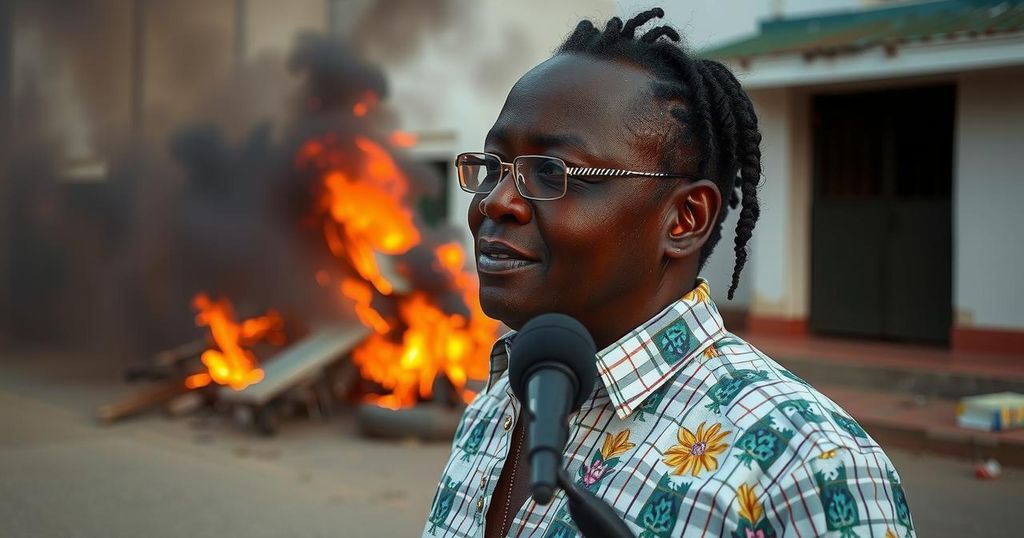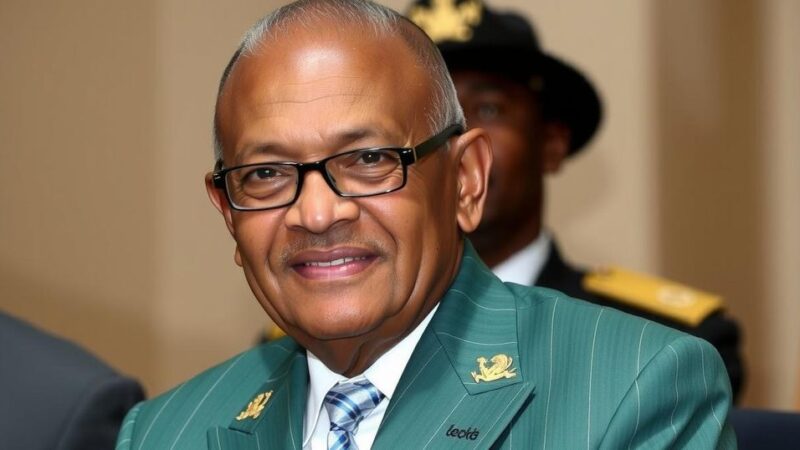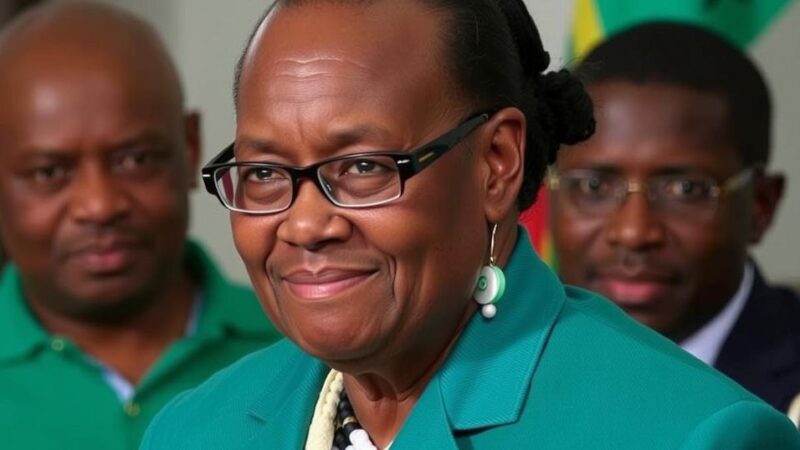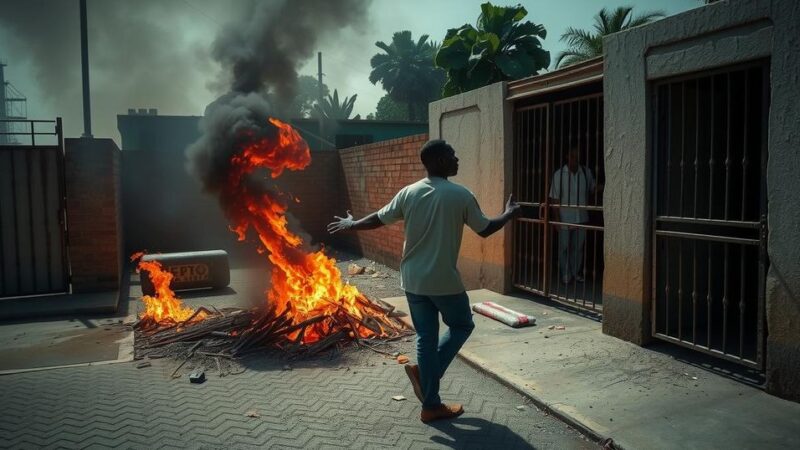Mozambique has witnessed deadly unrest following the confirmation of Frelimo party’s election victory, resulting in at least 21 fatalities and numerous injuries. Clashes between police and protesters occurred predominantly in the capital Maputo, while violence spread to several northern provinces. Opposition leader Venancio Mondlane has claimed electoral fraud, intensifying calls for accountability and peace in a politically fraught environment.
At least 21 individuals, including two police officers, were confirmed dead in Mozambique following unrest in the wake of the ruling Frelimo party’s recent election victory. The internal conflict erupted after the country’s highest court validated Frelimo’s win in the October 9 presidential elections, which had already incited weeks of disturbances. Interior Minister Pascoal Ronda reported over 236 incidents of serious violence, with at least 25 people injured, including 13 law enforcement officials. Armed groups reportedly attacked police stations and various infrastructure using firearms and bladed weapons. In the capital city of Maputo, clashes erupted between protesters and police, prompting law enforcement to patrol the area in armored vehicles as small groups threw objects and ignited fires. Roadblocks formed throughout the city, obstructing transportation and leading to widespread panic as shops, banks, and public buildings suffered vandalism and looting. Local hospitals, including Maputo Central Hospital, faced dire conditions due to the influx of injured individuals. The unrest also spread to northern provinces like Cabo Delgado, Nampula, Zambezia, and Tete, where opposition sentiment is notably strong. Exiled opposition leader Venancio Mondlane claimed election fraud, further exacerbating tensions and calling for a united front among his supporters against perceived electoral injustices. As the unrest continues to unfold, fears grow regarding the escalating violence and loss of life.
The recent surge in violence stems from the confirmation of the election results for the ruling Frelimo party, which has been in power since Mozambique’s independence in 1975. The opposition, led by Mondlane, has contended that the election was marred by significant irregularities, claiming the court’s validation of Frelimo’s victory legitimizes electoral fraud. As Mozambique approaches another period of governance under Frelimo, the potential for sustained civil unrest remains high, particularly in regions that traditionally support the opposition. Preceding these events, ongoing tensions between rival political factions have often resulted in outbreaks of violence, making the current situation a concerning flashpoint in Mozambique’s political landscape.
In summary, Mozambique is currently experiencing significant unrest following the Frelimo party’s election victory, with casualties rising amidst violent confrontations. The situation reflects deep-seated political divisions and allegations of electoral fraud that pose a serious threat to social stability. As calls for justice from opposition leaders continue, the government faces pressures to address the growing unrest while navigating a tense political climate. The unfolding events require close monitoring as Mozambique approaches a new presidential term.
Original Source: www.geo.tv







